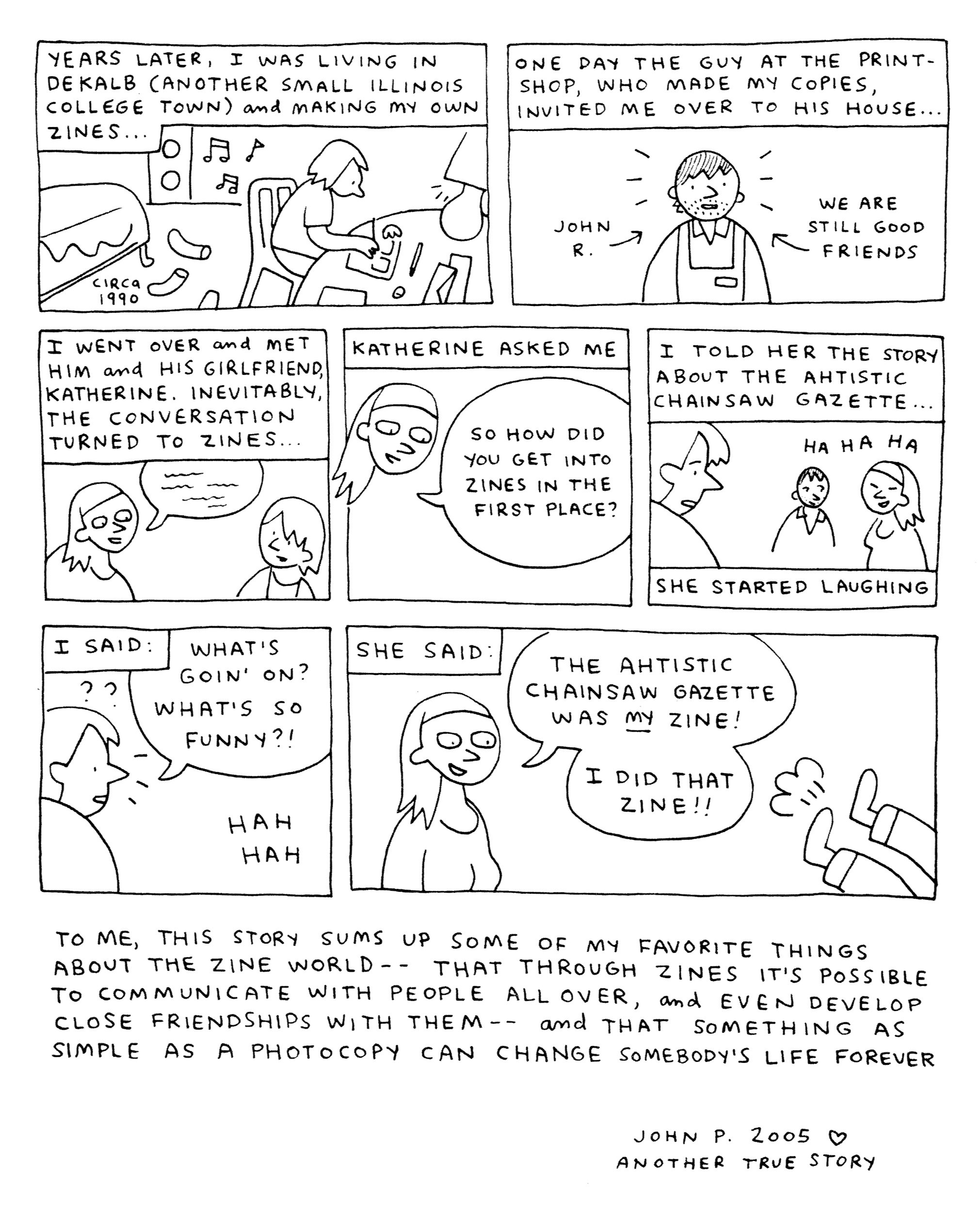Reflections from The Artist’s Way, Week 9: Recovering a sense of compassion
This week, we're looking into recognizing the emotional difficulties that have troubled us in the past when we've tried to be creative. The goal of it all is to develop self-compassion, so that we can calm down the fearful artist child within us who yearns for creative expression.
Cameron stresses the importance of practicing self-compassion and refraining from being overly judgmental of oneself, such as when we refer to ourselves as lazy when we are actually blocked. She writes:
“Blocked artists are not lazy. They are blocked. Being blocked and being lazy are two different things. The blocked artist typically extends a great deal of energy - just not visibly. The blocked artist spends energy on self-hatred, on regret, on grief, and on jealousy. The blocked artist spends energy on self-doubt.
The blocked artist does not know how to begin with baby steps. Instead, the blocked artist thinks in terms of great big scary impossible tasks: a novel, a feature film, a one-person show, an opera. When these large tasks are not accomplished or even begun, the blocked artist calls that laziness. Do not call the inability to start laziness. Call it fear.”
I'm thinking about the above passage in relation to my concept for a graphic novel. I often think that I can quickly put together an entire chapter to present to a potential mentor, but as I work on it, I realize how huge the project will be and how naive it was of me to believe that I could quickly prepare flawless drawings for a project that is still developing in my head and will undoubtedly change. This discovery brought me much-needed relief. It started out as an exciting idea but has recently evolved into something I've been putting off, demonstrating how my anxiety is starting to take hold. This is especially evident as I'm debating joining a group for comic artists even though I'm aware that doing so will help me move the project along faster.
Continuing the narrative of compassion, Cameron argues that we should do our creative work out of enthusiasm, rather than discipline, because it requires both a spiritual commitment and a willingness to surrender to the creative process.
We are also given a list of steps and questions to ask ourselves when we hit creative roadblocks and find our work becoming increasingly difficult:
1. List any resentments (anger) you have in connection with this project.
2. Ask your artist to list any and all fears about the projected piece and/or anyone connected to it.
3. Ask yourself if that is all. Have you left out any itsy fear? Have you suppressed any “stupid” anger? Get it on the page.
4. Ask yourself what you stand to gain by not doing this piece of work.
5. Make your deal. The deal is: “Okay, Creative Force, you take care of the quality, I’ll take care of the quality.”
Morning Pages: I'm returning to writing Morning Pages every morning after a long summer break. I always forget how, at first, it feels like something I don't want to do, but writing always makes me feel so much better, inspired instead of overwhelmed. After not writing for so long, I had a lot of creative ideas. To make sure that I begin my day with Morning Pages written on a typewriter, I now prepare it on my desk before going to bed so that it is ready for the next morning. Additionally, I started writing down post-it notes with concrete actions I can take in response to ideas developed on the pages. I always have a lot of them when I'm writing for an extended period of time, though I don't always act on them. All of this now gets scheduled.
Synchronicities: Reading Whatcha Mean, What’s a Zine?, I learned that John Porcellino, a comic artist best known for his King-Cat series, graduated from Northern Illinois University, where I worked twenty years later.
Excerpt from Small World Funnies by John Porcellino, published in Whatcha Mean, What’s a Zine? The Art of Making Zines and Mini-comics by Mark Todd and Esther Pearl Watson, 2006.
Artist date: This week's artist date consisted of a two-day camping trip at Thomas Woods in Marengo, IL, with plenty of down time and inspiration from nature. I brought the perfect read to enjoy in the woods - Walden by David Thoreau. Taking a break, the following passage seemed to resonate:
"When he [man] has obtained those things which are necessary to life, there is another alternative than to obtain the superfluities; and that is, to adventure on life now, his vacation from humbler toil having commenced."



